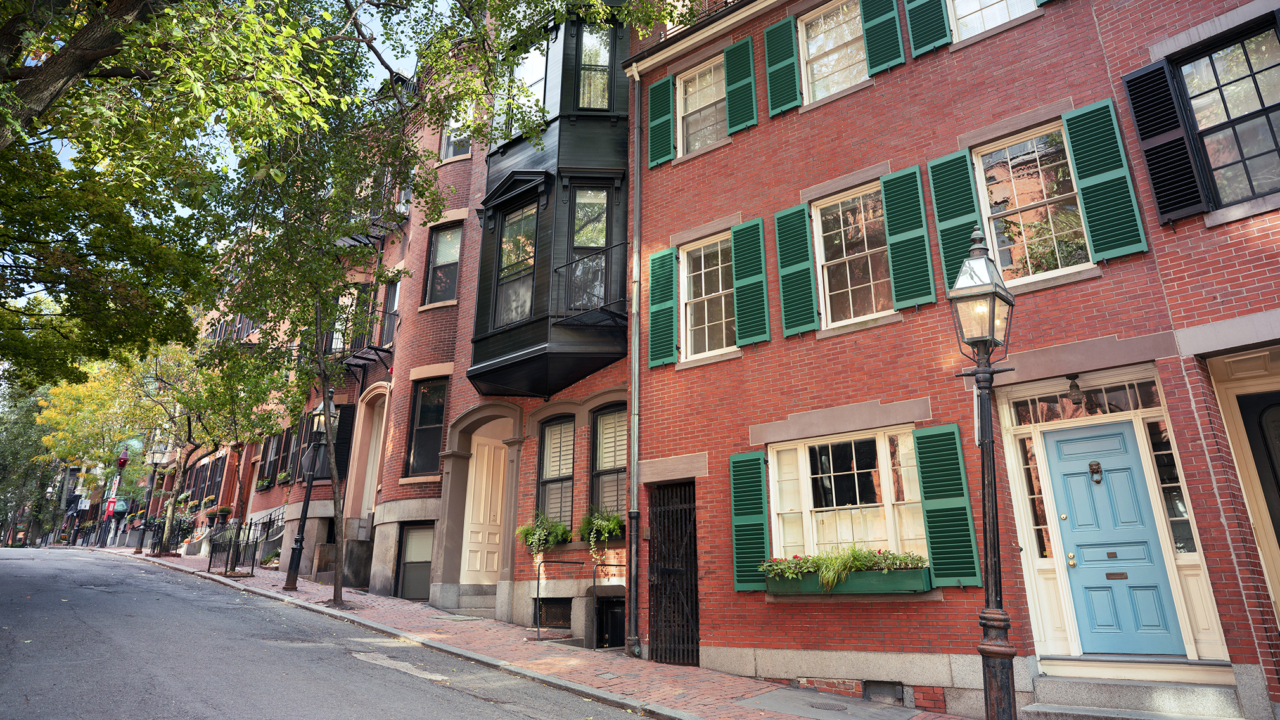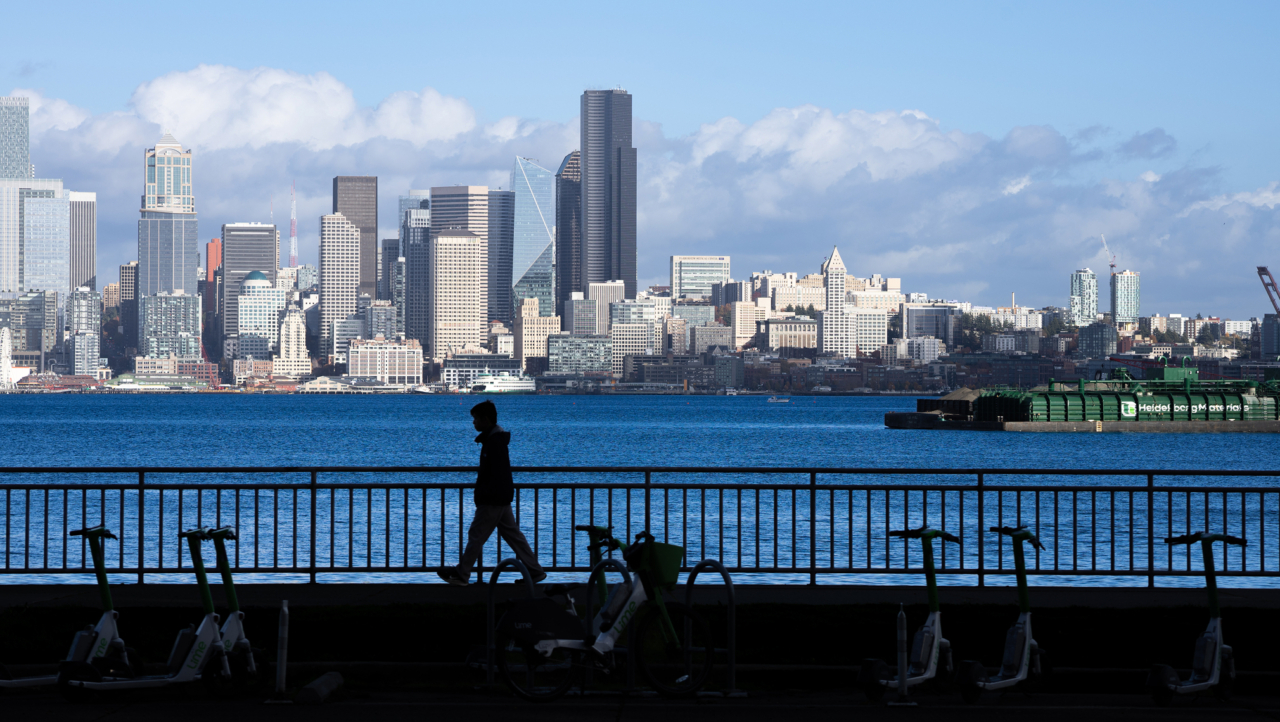What Is Considered Emergency Maintenance in an Apartment?


Written by Shawnna Stiver on September 17, 2025
Reviewed by Chrissy Tran, Edited by Alycia Lucio
Emergency maintenance in an apartment refers to repairs that affect your safety, damage the property, or make your rental unit unlivable. Issues such as gas leaks, flooding, broken locks, or a loss of heat typically qualify and should be reported immediately to prevent further damage.
Your lease agreement should clearly outline your landlord’s responsibilities when it comes to maintenance and repairs, but it is possible for misunderstandings to occur. In fact, nearly 1 in 5 renters have had a dispute with their landlord over maintenance or repair issues, according to Zillow’s 2024 Consumer Housing Trends Report. Knowing what qualifies as emergency maintenance can help you take the right steps when something serious goes wrong. Read on to learn which issues qualify as emergency maintenance and which repairs can wait.
Gas leak
Call 911 immediately if you suspect a gas leak. The smell of sulfur or rotten eggs, a hissing sound near appliances, or feelings of dizziness can all signal a leak. Once you’re safe, contact your landlord or property manager. Don’t wait or try to fix it yourself; gas leaks are always considered emergencies.
Flooding or sewage backup
Report any uncontrolled water situation right away. A burst pipe, overflowing toilet, or sewage backup can quickly damage floors, walls, and personal belongings. If left unchecked, water can lead to mold, warped materials, or structural damage. Whether the leak is coming from your own unit, an upstairs neighbor, or a malfunctioning appliance, it should be treated as an emergency if it's causing damage or can’t be stopped immediately.
Roof leaks during storms
A rainy day can reveal unknown roof leaks. Water coming through the roof may cause damage to floors, walls, light fixtures, or electronics. Leaks that reach your living space, especially near outlets or ceiling fixtures that may become a fire hazard, are an emergency that should be addressed as soon as possible.
Put in a maintenance support request immediately. If able, document the issue with photos and videos to include with your maintenance request. Some property managers and landlords may even provide an emergency contact number. If so, call as soon as you notice the leak.
Unsecured entry (broken locks or doors)
Any issue that leaves your unit vulnerable to break-ins is an emergency. If your door can’t close or lock properly or a window has been shattered, call or request maintenance immediately. Not all states have specific timeframes outlined for how long a landlord has to respond to a broken lock, but your lease agreement may contain specific clauses regarding repairs and maintenance. When the broken lock impacts your safety or security, the landlord should address it as soon as possible.
Fire or signs of fire risk
If you see smoke, smell something burning, or notice sparks from an outlet or appliance, leave your apartment immediately and call 911. These may be early signs of a fire or a serious electrical hazard. Once you have notified emergency services, contact your landlord so they can assess the damage and arrange for repairs.
Loss of electricity throughout the apartment
A total outage inside your apartment likely qualifies as an emergency, depending on whether the outage is due to a "defective condition” in the rental or a citywide outage. A loss of electricity due to a defective condition that presents a hazard to you, plumbing fixtures or major appliances, such as the refrigerator, may require attention within a day or two of it being reported. When the electricity goes out, check your circuit breakers and confirm the outage isn’t citywide. If it’s isolated to your unit and there are no utility updates, notify your landlord immediately.
No running water
A water outage disrupts basic hygiene and daily routines. If you can’t shower, wash your hands, do laundry, or clean dishes (and the water outage is not part of scheduled maintenance), it likely qualifies as an emergency. In cold weather, it may also increase the risk of frozen pipes. Report the issue right away, and ask whether it’s limited to your unit or part of a larger building problem.
The toilet clogged in a one-bathroom unit
A non-working toilet in a single-bath apartment is an emergency. If plunging doesn’t resolve it, contact maintenance right away. Going without a functioning toilet, even briefly, affects your ability to live safely and hygienically in the space.
No air conditioning in extreme heat
Report air conditioning failures when they happen. While not always considered an emergency, a broken air conditioner in extremely hot conditions, especially in units without good airflow, can put renters at risk. If your home is reaching an uncomfortable temperature, and you or others are vulnerable to heat-related illness, report the issue immediately.
No heat during freezing temperatures
No heat during cold weather is a legal violation in many states and cities. If indoor temperatures fall too low, you risk frozen pipes or health problems. Landlords are typically required to maintain heating when outdoor temperatures drop below a certain level, usually around 55°F. Don’t wait to report this; it’s an emergency.
Carbon monoxide alarm
If your carbon monoxide alarm goes off, leave the apartment immediately and call 911 from a safe location. Do not try to locate the source yourself.
Carbon monoxide is odorless and dangerous. Symptoms of exposure can include dizziness, nausea, headache, confusion, and shortness of breath. Once emergency responders have cleared the space, notify your landlord so they can inspect and fix the issue, which is often caused by a faulty furnace, stove, or blocked vent.
What is not a maintenance emergency?
Some issues can wait until regular business hours. If your faucet is dripping, your dishwasher won’t start, or one outlet isn’t working, these are considered routine repairs. Most landlords won’t dispatch after-hours maintenance for these types of issues.
Getting locked out of an apartment is a common renter frustration, but it’s usually not an emergency unless your safety is at risk. Many leases specify that after-hours lockouts are the tenant’s responsibility, including the cost of a locksmith or paying the property manager a lockout fee.
A broken appliance like a microwave or garbage disposal is inconvenient, but may not require a same day fix. Likewise, a pest sighting (unless it's a large infestation) should be reported but may not be a next day emergency. Things like minor mold spots or flickering lights need to be addressed, but may not require immediate attention.
When in doubt, refer to your lease or maintenance policy. Some landlords offer detailed emergency definitions, and in some states, laws specify repair response times for non-emergencies. Even though some situations may not be cause for an emergency request, all issues that require maintenance should still be reported promptly.
Here’s a guide you can reference when you may be wondering whether common apartment issues are considered an emergency:
| Situation | Emergency? |
| Flooding from a burst pipe or appliance | ✅ Yes |
| No heat and it’s below freezing outside | ✅ Yes |
| Water completely shut off without notice | ✅ Yes |
| Carbon monoxide alarm goes off | ✅ Yes |
| Front door won’t lock or stay shut | ✅ Yes |
| Power completely out in unit (not utility-wide) | ✅ Yes |
| Single toilet is clogged and unusable | ✅ Yes |
| Air conditioning stops (and high temperatures) | ✅ Sometimes |
| No hot water for a few hours | ✅ Sometimes |
| Refrigerator stops working | ✅ Sometimes |
| Microwave or dishwasher stops working | ❌ No |
| Low-level pest activity (a few ants or spiders) | ❌ No |
| Locked out of apartment (with no security concern) | ❌ No |
What if my landlord doesn’t respond to emergency maintenance?
It’s your right as a renter to have maintenance problems addressed within a reasonable timeframe, especially when the issue impacts your safety or ability to live in the unit. Several legal protections support your right to a livable home:
- Implied Warranty of Habitability: Most states require landlords to maintain safe, livable conditions as a legal standard.
- Local housing codes: City or county rules set specific requirements for safety, cleanliness, and essential services.
- State landlord-tenant laws: These define what counts as an emergency repair and how quickly landlords must respond.
Document any issues and your communication in writing if you suspect your landlord is neglecting their duties to maintain a safe living space. You may have legal options to pursue, including withholding rent, paying for repairs and deducting the cost, or breaking the lease if the unit becomes uninhabitable.
Are you protected if an emergency damages your belongings?
While emergency maintenance can fix a burst pipe or prevent an electrical fire from spreading, it won’t cover the cost of damaged personal items. If water soaks your mattress, a power surge destroys your TV, or smoke ruins your wardrobe, those losses are typically the tenant’s responsibility.
Renters insurance can help cover those unexpected costs. Policies often include protection for personal belongings against covered events such as water and fire damage, and may also help with temporary housing if your apartment becomes unlivable during repairs.
If you don’t have coverage yet, it’s easy to get started. You can request a quote in just a few minutes and explore options that fit your needs. Learn more about protecting yourself against the unexpected with renters insurance through Zillow Insurance Services.
Find an apartment you’ll love on Zillow
With Zillions of up-to-date listings and filters for your must-haves, it's easy to find your perfect apartment on Zillow Rentals.
Search rentals

